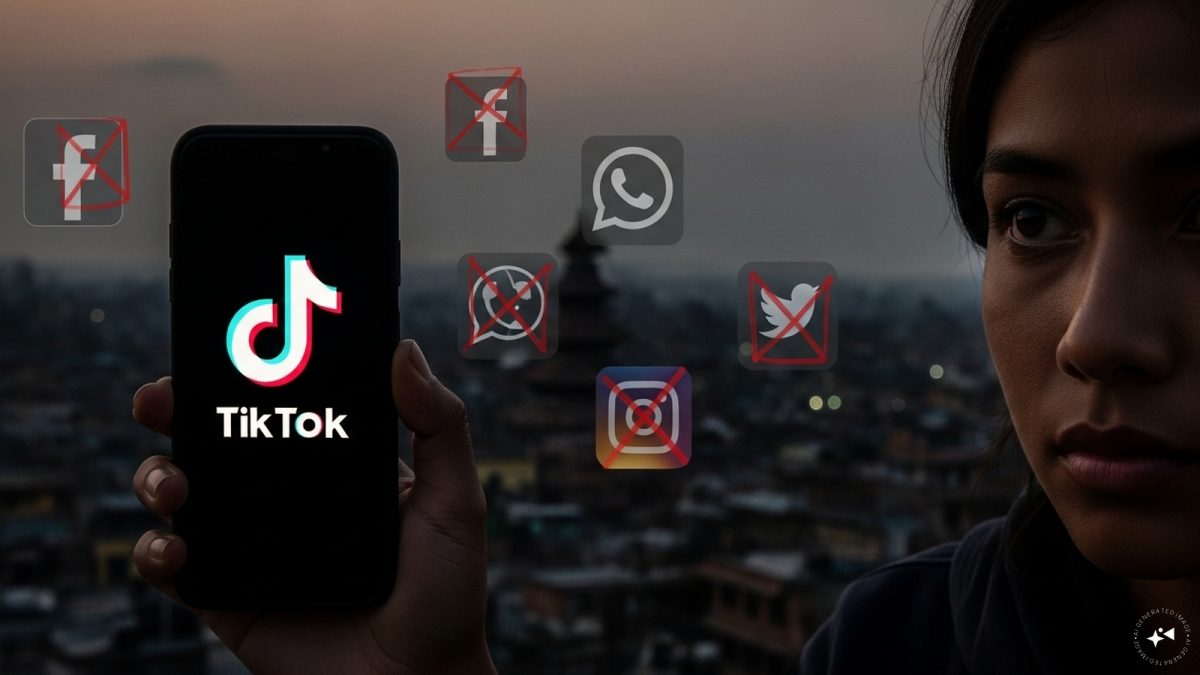Nepal has moved to block access to some of the world’s biggest social media platforms after they failed to register with the government, leaving TikTok among the few major apps still accessible in the country.
The Ministry of Communication and Information Technology said on Thursday it had directed the Nepal Telecommunications Authority (NTA) to enforce the ban from midnight, following a Supreme Court order that required all online platforms to be officially listed under the Directives for Managing the Use of Social Networks, 2023.
Meta-owned Facebook, Instagram, and WhatsApp, along with Alphabet’s YouTube, X (formerly Twitter), Reddit and LinkedIn, missed the seven-day deadline for registration that expired on Wednesday. By contrast, TikTok, Viber, Witk, Nimbuzz and Popo Live have already complied, while Telegram and Global Diary have submitted applications now awaiting approval.
“Except for the five listed platforms and two still under process, all others will be blocked,” ministry spokesperson Gajendra Kumar Thakur said. He added that any platform completing registration would be restored immediately.
The final decision came after a meeting chaired by Communication Minister Prithvi Subba Gurung with officials from the NTA, internet service providers and telecom operators.
The government argues the measure is necessary to monitor harmful content and hold tech companies accountable. But the move has triggered sharp criticism from opposition leaders and civil society.
Impact Shorts
More ShortsHit Raj Pandey, chief whip of the opposition CPN (Maoist Centre), warned that shutting down platforms used daily by millions could throw Nepal into “chaos.” He accused the government of rushing the process without creating a workable system for registration. “Regulation is necessary, but the government must first identify the real problems. Blocking social media will only disrupt communication and commerce,” Pandey said.
With Facebook, WhatsApp and YouTube central to Nepal’s social and economic life, critics fear the blanket ban could undermine freedom of expression and damage businesses, even as the government insists stricter oversight is long overdue.


)

)
)
)
)
)
)
)
)



